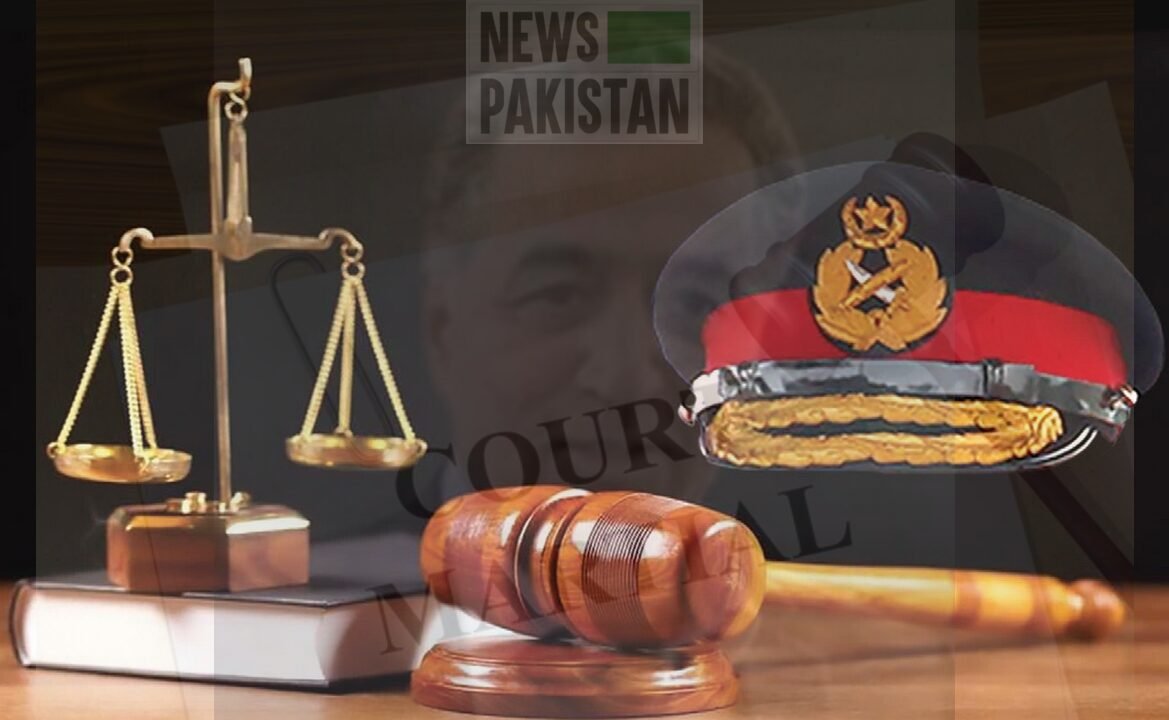ISLAMABAD: Announcing the split decision with a 4-1 majority here on Monday (4th March, 2024) the ECP has proclaimed that SIC could not claim quota in the reserved seats due to violation of mandatory provisions of the Constitution of Pakistan.
PTI took to the X (Twitter) to to hold: “The ECP continues to disrespect public mandate and the people of Pakistan. Giving our reserves seats to other parties represents yet another step by Sikandar Sultan Raja to complete destroy democracy and electoral process in Pakistan. Biased ECP has clearly and repeatedly violated their own rules repeatedly!”

______________
The 5-member bench, headed by CEC Sikandar Sultan Raja, that had reserved the verdict on 28th February, held that SIC was not entitled to reserved seats in the NA. ECP asserted that despite extension of the deadline to provide mandatory priority list for the reserved seats the SIC failed to do so. Hassan Bharwana dissented with the majority verdict.
PTI’s Barrister Ali Zafar, stating that SIC should have been allotted 29 NA seats, cited Section 6 (D) of the Constitution’s Article 51 that mentions that political parties would be allocated reserve seats based on their success ratio. He held that according to the Constitution, if an independent candidate joins a political party, that party is entitled to reserve seats.

APP Adds: The Election Commission of Pakistan (ECP) on Monday (4th March, 2024) rejected the Sunni Ittehad Council’s (SIC) plea for allocation of minority and women reserve seats in national and provincial assemblies.
A five-member ECP bench, headed by Chief Election Commissioner (CEC) Sikandar Sultan Raja, firmly stated that Sunni Ittehad Council (SIC) is not entitled to have reserved seats for women and minorities.
The Election Commission also stated that Sunni Ittehad Council is not entitled to avail special seat allocations for women and minorities.
The ECP reached its decision with a 4-1 ratio, with member Punjab Babar Hasan Bharwana, submitting dissent in a note.
The SIC submitted a plea in ECP claiming the allocation of seats based on inclusion of PTI-endorsed candidates within their party.
This plea, conveyed by SIC Chairman Sahibzada Hamid Raza through a PTI representative, was submitted to the electoral watchdog.
Following the Supreme Court’s ruling declaring their intra-party polls “unconstitutional” and stripping them of the electoral symbol of the ‘bat’, PTI candidates participated in the elections as independents.
According to the Constitution, reserved seats are assigned to political parties according to the number of their representatives elected to general seats.
Prior to the February 8 elections, the ECP had already received lists of candidates from political parties for this purpose.
The Election Commission of Pakistan (ECP) on Monday rejected the Sunni Ittehad Council’s (SIC) plea for allocation of minority and women reserve seats in national and provincial assemblies.
A five-member ECP bench, headed by Chief Election Commissioner (CEC) Sikandar Sultan Raja, firmly stated that Sunni Ittehad Council (SIC) is not entitled to have reserved seats for women and minorities.
The Election Commission also stated that Sunni Ittehad Council is not entitled to avail special seat allocations for women and minorities.
The ECP reached its decision with a 4-1 ratio, with member Punjab Babar Hasan Bharwana, submitting dissent in a note.
The SIC submitted a plea in ECP claiming the allocation of seats based on inclusion of PTI-endorsed candidates within their party.
This plea, conveyed by SIC Chairman Sahibzada Hamid Raza through a PTI representative, was submitted to the electoral watchdog.
Following the Supreme Court’s ruling declaring their intra-party polls “unconstitutional” and stripping them of the electoral symbol of the ‘bat’, PTI candidates participated in the elections as independents.
According to the Constitution, reserved seats are assigned to political parties according to the number of their representatives elected to general seats.
Prior to the 8th February elections, the ECP had already received lists of candidates from political parties for this purpose.
Newspakistan.tv





6 thoughts on “ECP verdict on reserved seats to be challenged by PTI”
Comments are closed.